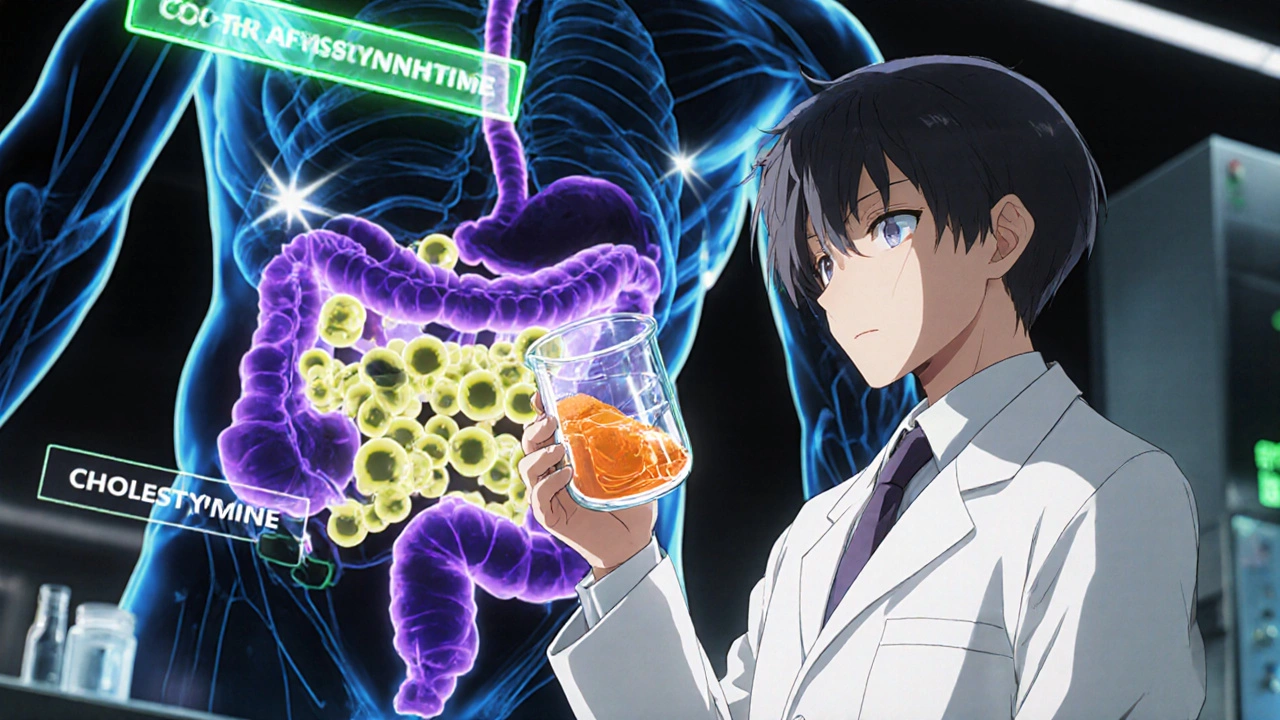Gut Microbiome: What It Is, How It Affects Your Health, and What You Can Do
When you think about your health, you probably think about your heart, your lungs, or your weight. But hidden inside your belly is a whole world that controls much of it: the gut microbiome, the trillions of bacteria, viruses, and fungi living in your digestive tract that influence everything from digestion to mood. Also known as intestinal flora, it’s not just along for the ride—it’s running the show. Every time you eat, take a pill, or feel stressed, your gut microbiome reacts. And if it’s out of balance, you might not even know why you’re tired, bloated, or anxious.
This isn’t just theory. Studies show your gut microbiome affects how your body responds to medications, how well you absorb nutrients, and even how your immune system fights off infections. It’s linked to conditions like irritable bowel syndrome, depression, and type 2 diabetes. And while you can’t see it, you can change it. Simple things—like eating more fiber, cutting back on sugar, or avoiding unnecessary antibiotics—can shift the balance. Probiotics and prebiotics get a lot of attention, but they’re not magic pills. What matters most is consistency: feeding the good bugs so they can do their job.
What you’ll find in the posts below aren’t generic advice or miracle cures. They’re real comparisons and insights from people who’ve dealt with gut-related issues through medication, supplements, and lifestyle changes. You’ll see how drugs like doxycycline or chlorthalidone can mess with your gut flora, how herbal options like Nirdosh or medicinal fungi might help restore balance, and why some antibiotics leave lasting damage. There’s also coverage of how gut health connects to brain function, sleep, and chronic conditions like arthritis and diabetes. This isn’t about quick fixes. It’s about understanding what’s really going on inside you—and what you can actually do about it.
Cholestyramine and Immune Health: Does It Boost Your Defenses?
Explore how cholestyramine, a bile‑acid binding resin, interacts with gut microbes and the immune system, and learn whether it can truly boost your defenses.






